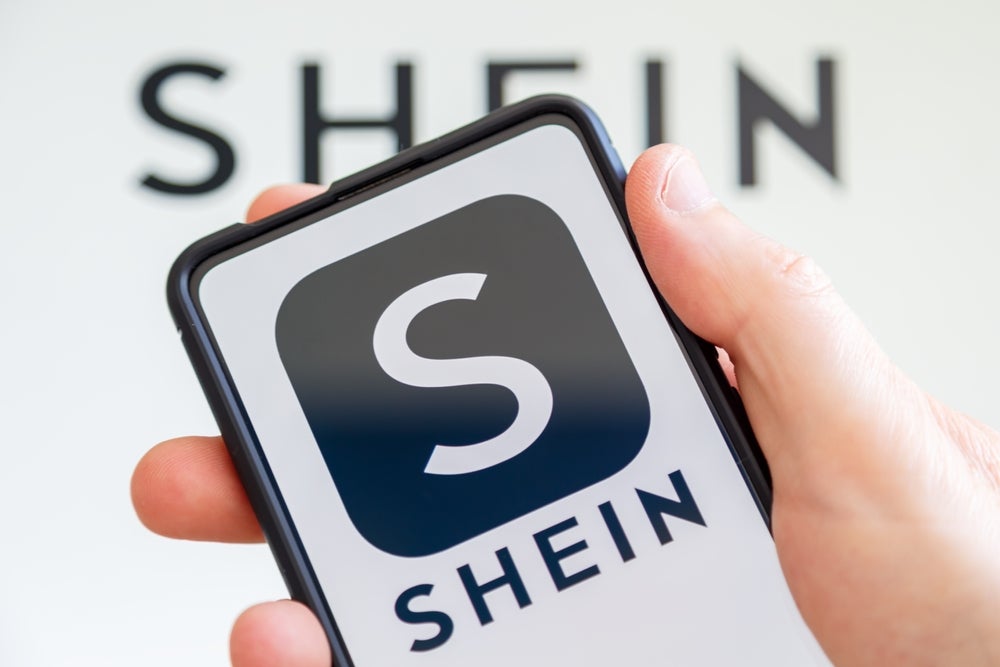Over the weekend, Sky News learned that Shein is preparing to file a prospectus with the Financial Conduct Authority for approval ahead of its potential float that could take place in June.
The IPO would value Shein at around £50bn ($63bn) and could make it London’s most high-profile public float for years.
But ethical concerns over Shein's business practices have sparked global attention. Last week (30 May) South Korean regulators claimed to have found phthalates at levels hundreds of times above safety limits in Shein kids' leather shoes and goods. It's a stomach-churning revelation that should jolt any parent.
It's not the first time the Singapore-based e-commerce giant has been the subject of such allegations. In 2022, a report from Greenpeace alleged Shein had a “business model based on hazardous chemicals and environmental destruction” after 15% of 47 products that were tested contained toxic chemicals that broke EU regulatory limits, with five breaking the limit by 100% or more.
The allegation of toxic chemicals was explained away with corporate platitudes about the company’s dedication to safety testing and selling "reliable products," said a Shein spokesperson.
In the latest accusation, a spokesperson told Just Style that Shein took its product safety very seriously and “immediately removed” the products from its site whilst conducting an investigation.
But repeat offences on the chemical safety front are raising questions around how seriously the ultrafast fashion giant actually takes the matter.
It also points to why the US has been keen to repel Shein from further penetrating the market, rebuffing attempts for a New York bourse listing.
What is rather concerning is that the UK, on the other hand, seems quite keen to welcome Shein with Jeremy Hunt, chancellor of the exchequer, meeting with Shein bosses in February and urging them to pursue a float.
A recent parody by Saturday Night Live (SNL) exposed how the public is effectively overlooking Shein's behaviour in part due to the benefits it gets such as access to the latest styles at rock-bottom prices. The sketch portrayed a fictitious ultra-fast fashion brand "Xiemu" churning out $5 lead-tainted dresses and gasoline-scented tops, complete with Hollywood a-lister, Jake Gyllenhaal, having a nosebleed after sniffing his “lead-free” shirt.
Shein has attempted to brush off such criticism as unfair isolated incidents. But as reports continue to pile up with even more damning evidence against it, it is clear its profit-über-alles (above all else) attitude that enabled its dizzying ascent is now its greatest liability.
Shein is rapidly approaching that moment of truth—a real awakening. Miss that wake-up call, and the fall could be as steep as the rise.
Top stories on Just Style last week...
Shein denies alleged 'widespread' toxic chemicals in products
South Korea has alleged harmful chemicals were found in seven of eight children's leather goods from ultra-fast-fashion giant Shein tested in Seoul, with an industry expert claiming this was not an isolated incident, however Shein maintains it is dedicated to safety testing and selling "reliable products".
Tunisia apparel sector sets ambitious targets for green transition
The Tunisia textile and apparel industry launched its Tunisian Textile Green Transition (TTGT) project in April to become more innovative, smart, and ecological, and meet international sustainability requirements.
Sri Lanka warned law reforms could create 'sweatshop labour'
A coalition of international labour and human rights organisations have urged Sri Lanka's government to “immediately halt” labour law reforms, as they allege the proposals could turn the country's garment factories into the “worst forms of sweatshop labour".
Explainer: Is wholesale getting too risky for fashion brands?
Independent fashion label The Vampire’s Wife blamed the wholesale market for its recent closure and other brands continue to cite wholesale problems in their financial results, so is it time for apparel brands to consider investing solely in direct-to-consumer?
2.5m Africans' livelihoods buoyed by second-hand clothing trade
A new report has shed light on the second-hand clothing (SHC) sector in Africa, revealing an estimated 1.28m people employed in the trade, with 2.5m Africans dependent on income from the sector.
Nike, Inditex rank among Gartner's Global Supply Chain Top 25
Global apparel brands NIKE and Inditex have secured positions in research and advisory firm Gartner's 2024 Global Supply Chain Top 25 ranking for “better-protecting growth rates” in supply chain performance after firmly embedding ESG in their operations.
Week in review: Fashion must be called out on climate change
Ex-Unilever CEO and environmental campaigner Paul Polman criticised delegates at the recent Global Fashion Summit in Copenhagen for only mitigating the damage of climate change.
EU-wide Textile ETP project aims to accelerate circular economy
The European Technology Platform for the Future of Textiles and Clothing (Textile ETP) and chemistry innovation platform Axel’One have launched a 42-month project to advance circular economy practices in the textile industry.









